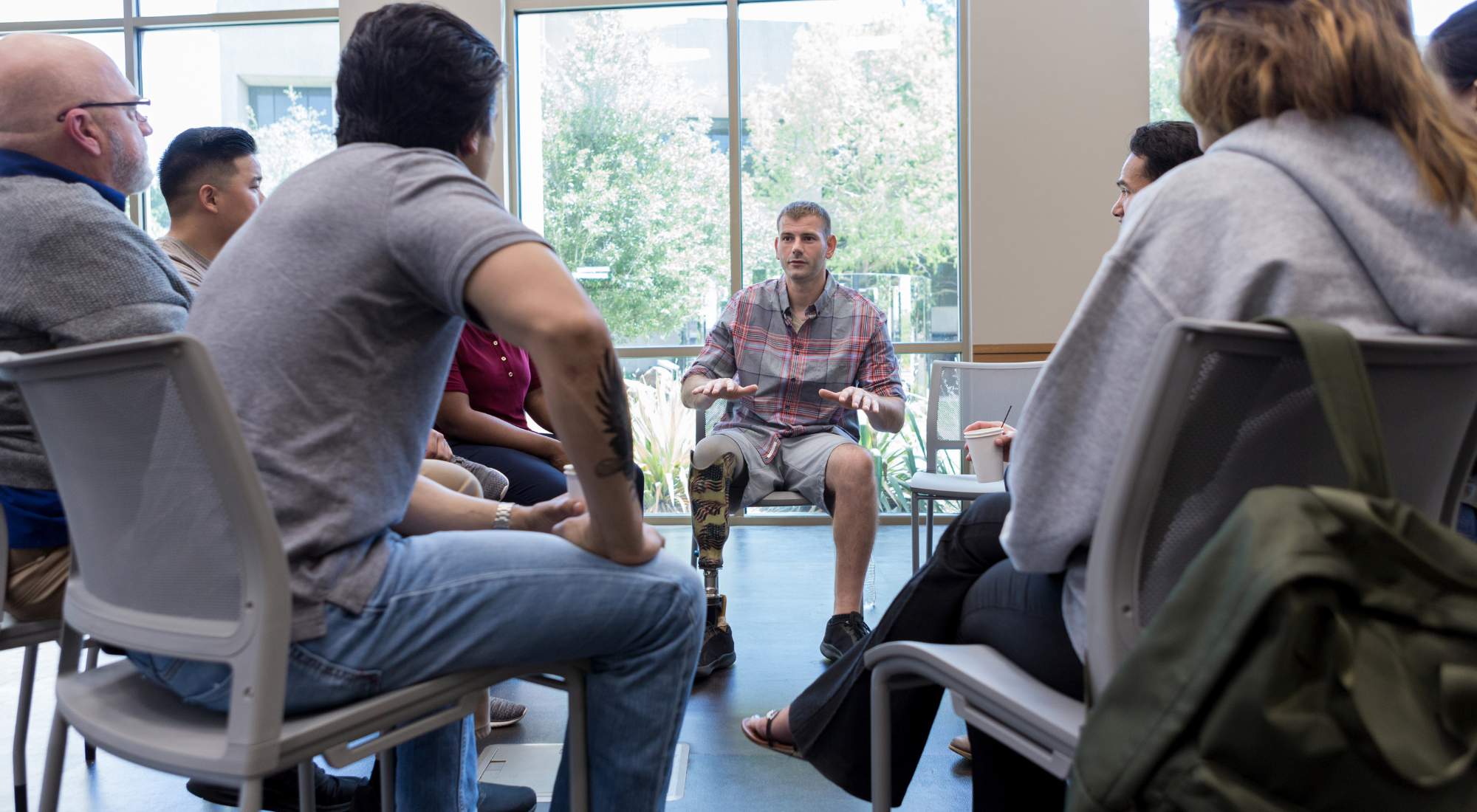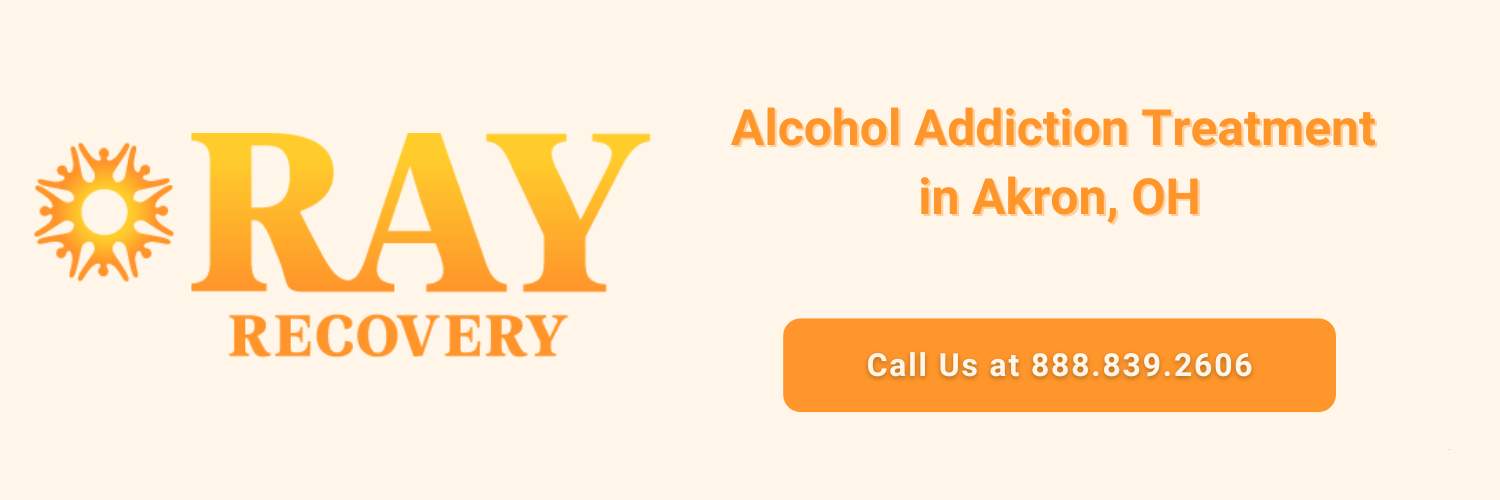You spent years in the military enduring high-stress situations and sleepless nights, but now, even in retirement, sleep eludes you.
Struggling, you turn to alcohol to unwind. Just one drink at first, then more.
After the drinking escalates, your partner notices you frequently stop breathing at night. You decide to seek help.
This post explores the connections between alcohol use and sleep apnea, the consequences of untreated sleep apnea, and how seeking integrated, veteran-focused treatment may promote healing.
A Hidden Crisis Among Veterans
Veterans are at risk of developing alcohol use disorder (AUD) and sleep apnea due to military-related stressors.
Trauma, combat exposure, challenges of reintegrating into civilian life, chronic pain, and higher risk of mental health disorders leave veterans at risk of self-destructive behaviors such as alcohol abuse. These stressors, combined with risky behaviors, produce fragmented sleep and a risk of sleep apnea.
Studies show:
- Deployment to a combat zone increases the chances of sleep apnea.
- 50% of active-duty military members and veterans with PTSD also have sleep apnea.
- 12% of veterans experience AUD
- 22% of veterans are diagnosed with sleep apnea
- 62% of veterans of operations in Iraq and Afghanistan are at risk for sleep apnea
- Veterans with psychological distress are at higher risk of sleep apnea
- Rates of PTS are 15 times higher in veterans
Alcohol is often used as a coping mechanism and a sleep aid, which harms veterans’ health and quality of life.
If you find yourself stuck in this cycle, Ray Recovery can help you take the first step in reclaiming your life.
Understanding Alcohol Use Disorder (AUD) in Veterans
Alcohol use in veterans often begins as a means to become part of a community.
When veterans have experienced traumatic events such as combat and death, they may turn to alcohol as a coping mechanism, leading to misuse.
Alcohol use to deal with negative experiences is attributed to several factors that are specific to military service.
Causes and Triggers Unique to Military Life
One trigger of AUD is trauma exposure, which leads to PTSD and depression, two conditions that may cause sleep apnea.
Returning to civilian life, veterans may struggle with the loss of community and their identity. These factors may contribute to alcohol misuse and increase mental health issues.
Many veterans have limited access to support after leaving the military due to several factors:
- The stigma surrounding seeking help
- Fear of career repercussions
- Gaps in insurance coverage or a lack of understanding of benefits
- Reluctance to discuss trauma
- Lack of awareness of resources
- Limited transportation
- Economic hardship
Why Alcohol Is Often Used as a Sleep Aid—And Why It Backfires
Many veterans turn to alcohol as a sleep aid. Consuming alcohol can slow down brain activity and promote feelings of relaxation.
However, these effects won’t last and usually lead to broken sleep.
Once the body slowly processes alcohol, it interrupts the REM cycle, causing fragmented sleep. Sleep can be affected by:
- The amount of alcohol consumed: More than two drinks can decrease sleep quality by nearly 40%.
- The frequency of consumption: The more frequently alcohol is consumed, the more the body becomes tolerant and dependent.
- Age: Older people who consume alcohol are more likely to experience sleep disruption.
- Body composition: Alcohol is absorbed into the bloodstream more slowly in people with more body fat.
- Gender: Less than one drink for women and under two drinks for men can affect sleep quality by 9.3%
Restorative REM sleep is essential for healing, maintaining memory, and feeling rested. Alcohol in the bloodstream causes more active REM sleep, equating to more vivid, stressful, or uncomfortable dreams and causing frequent wake-ups.
AUD may lead to more significant sleep problems, such as insomnia and sleep apnea, because alcohol intensifies symptoms.

What Is Sleep Apnea and How Is It Connected to AUD?
Sleep apnea is a condition in which breathing repeatedly stops and starts during sleep.
Alcohol consumption can increase the occurrence of sleep apnea by 25%.
There are several reasons for this correlation. Drinking alcohol before bed may lead to heavier snoring and cause relaxation of throat muscles, creating breathing resistance and worsening sleep apnea symptoms.
Common Signs Veterans Might Overlook
Many of the symptoms of sleep apnea are subtle and could be attributed to other conditions. These symptoms include:
- Difficulty concentrating: This can be attributed to stress, mental health conditions, or an inadequate diet.
- Mood changes: Hormonal fluctuations, mental health conditions, or substance use could be considered instead.
- Night awakenings: Frequent night waking could be misinterpreted as insomnia.
- Worsening symptoms of PTSD or depression: There could be a failure to connect mental health challenges to sleep challenges.
- Environmental factors: Exposure to environmental toxins, high-stress situations, or injuries can cause sleep disruptions that are not easily connected to sleep apnea.
- Additional symptoms: Coughing through the night, dry mouth, morning headaches, loud snoring, waking up gasping, memory loss, and chronic tiredness are symptoms that may be overlooked and attributed to other conditions.
The Health Risks of Untreated Sleep Apnea
Left untreated, sleep apnea can produce serious long-term effects.
Heart disease is a common risk because sleep apnea creates a strain on the heart and lungs due to decreased airflow, leading to high blood pressure, heart attack, or stroke.
People with sleep apnea are also at higher risk for diabetes because this condition can increase blood sugar levels.
Sleep apnea often affects mental health, making symptoms of depression or PTSD worse. It affects the body’s cognitive functions, including attention problems, poor short-term memory, poor executive functions, and the ability to stay alert.
Veterans who are recovering from addiction or substance abuse, including AUD, are at higher risk of relapse due to sleep apnea.
Uncontrolled sleep apnea may shorten life expectancy by several years.
Sleep apnea may have drastic consequences for one’s health, but when paired with AUD, it is even more dangerous.
The Dangerous Cycle Between Alcohol Use and Sleep Apnea
Alcohol consumption as a sleep aid, which in reality results in poor sleep, creates a vicious cycle that may cause sleep apnea or exacerbate its symptoms.
Using alcohol to cope with mental health symptoms or stress can lead to dependency and tolerance. Because alcohol seems to help one relax and sleep, the body and brain are trained to crave alcohol, leading to more consumption.
When alcohol is fully metabolized into the bloodstream, sleep disruptions begin.
The body can’t relax into deep REM sleep, so intense, active dreams, the need to urinate, and breathing disruptions keep one from getting a restful night’s sleep.
It may become a never-ending cycle unless treatment is sought.
Why Integrated, Veteran-Focused Treatment Is Essential
AUD and sleep apnea are interconnected conditions, so effective treatment must be integrated to treat all conditions and mental health challenges.
At Ray Recovery, our approach is to treat trauma and addiction simultaneously. Trauma-focused therapy allows veterans to learn coping mechanisms for PTSD, anxiety, or depression. Tackling addiction allows veterans to break the cycle of using alcohol to cope.
This therapeutic approach of addressing both challenges concurrently improves veterans’ mental and physical health and quality of life.

Dual Diagnosis: Treating the Mind and Body Together
An effective method of treating the mind and body together is through coordinated care — a shared decision-making, client-centered, collaborative approach that includes the veteran and everyone on the treatment team.
This method ensures all parties are meeting the client’s goals and unique circumstances.
A veteran’s treatment plan may include medical detox to rid the body of toxic, addictive substances such as alcohol, management of withdrawal symptoms, and control of cravings in a safe, supportive environment.
Behavioral therapy to change self-destructive or unhealthy behaviors into adaptive and positive behaviors may also be put in place.
Many veterans struggle to wear CPAP machines due to claustrophobia or PTSD. Therefore, CPAP compliance support may be recommended to treat sleep apnea. This may be done by gradually desensitizing the veteran to use the CPAP machine consistently and appropriately.
These treatment methods are conducted by medical professionals who recognize the impact of trauma on the veteran’s life, utilizing that knowledge to help the veteran cope and heal.
Respectful, Veteran-Centered Recovery
A holistic, trauma-informed approach to recovery is essential for veterans with treatment options that involve staff who understand the unique challenges of military culture.
Veteran-centered recovery may include peer support because it utilizes the camaraderie and mutual support that exist in military culture and may reduce the stigma of seeking help.
It is important to provide empowerment and choice, build trust, and recognize the resilience of veterans. Collaboration between providers and veterans is necessary for creating an effective treatment plan.

Take the First Step Toward Healing With Ray Recovery
If you are struggling with increasing mental health symptoms, sleep challenges, or addiction, take the first step by reaching out for help.
Ray Recovery provides a warm, welcoming environment with specialized programs to suit your unique needs.
With our trauma-informed approach and the ability to address co-occurring mental health challenges, a healthier lifestyle and greater well-being are within your reach.
The content in this blog is not intended to be a substitute for professional medical advice, diagnosis, or treatment. Always seek the advice of your physician or other qualified health provider with any questions you may have regarding a medical condition.



